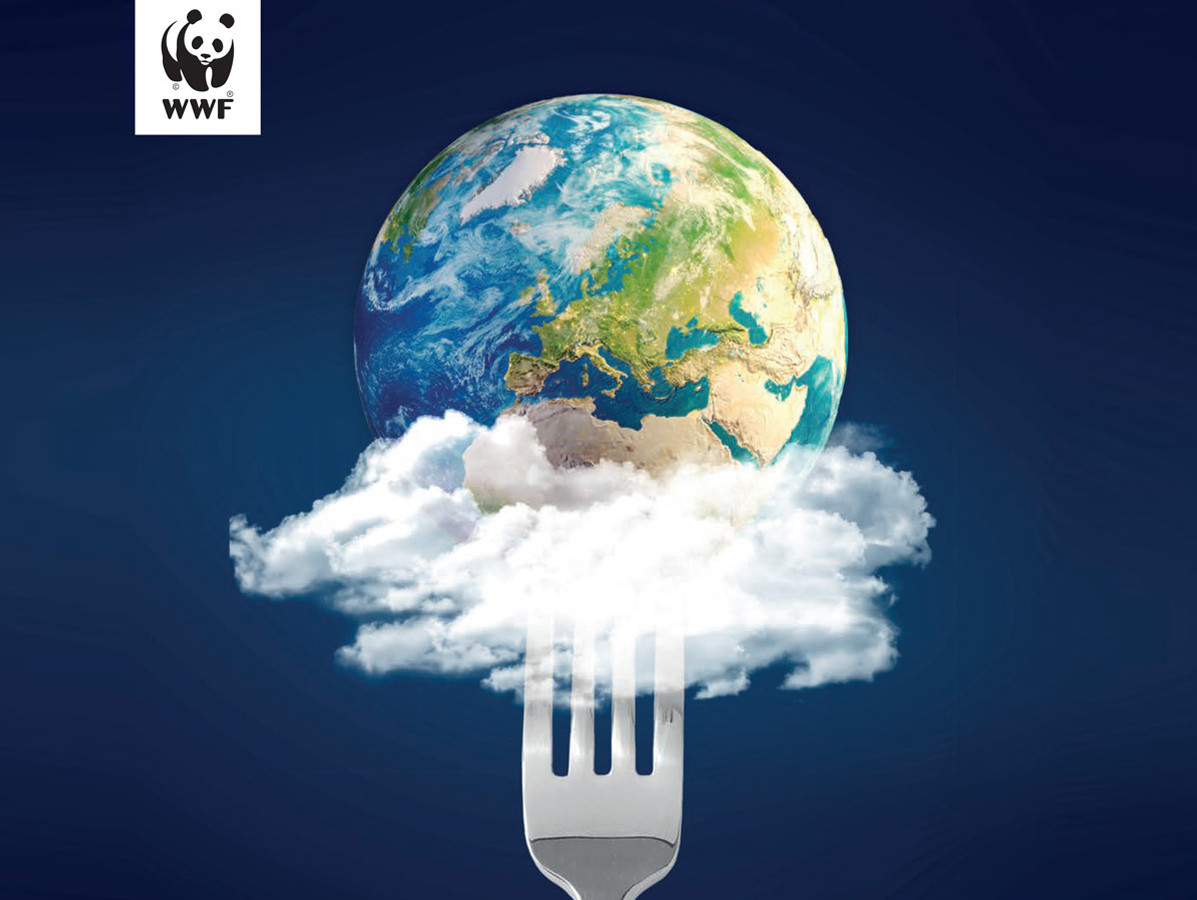
The EU imports vastly more food than it exports and our food consumption has a detrimental impact on the planet – but there is appetite for change.
Despite being the world's largest exporter of agri-food products in economic terms, the EU carries a significant trade deficit when measured for what actually matters in nutritional terms, such as calories and proteins. The EU consumes more than its fair share and our current high levels of food production are only possible thanks to massive imports of resources, shows a new WWF report released on 23 May 2022.
WWF: "The EU’s food imports and domestic production are fundamentally unsustainable, as they erode natural resources, drive global deforestation and deplete fish stocks around the world. 40% of the food produced in the EU is also never eaten, and this wastefulness comes at an enormous cost to climate and biodiversity. Trying to increase food production in the EU in response to the ongoing global food crisis would likely only exacerbate these problems. Instead, shifting our consumption can make a greater contribution to food security and lower the impacts of the EU food system."
The report shows that:
The upcoming legislative framework for a sustainable food system, which the European Commission is expected to propose in 2023, must be a turning point. The report provides several policy pathways through which this new law can guide the EU’s food consumption towards sustainability.
Read the report ‘Europe eats the world’
Source: WNF